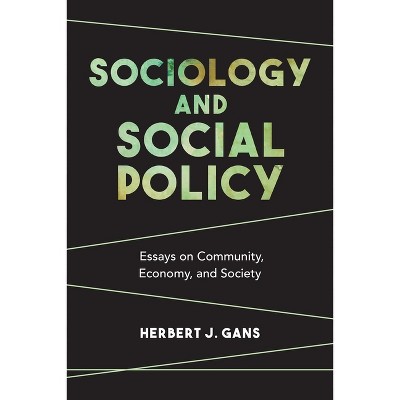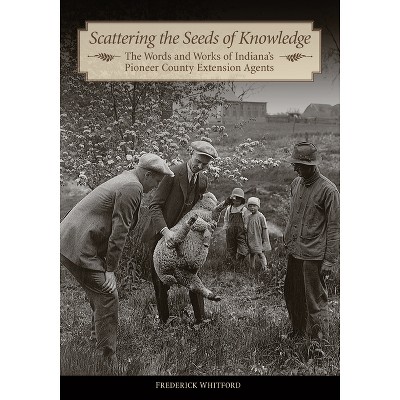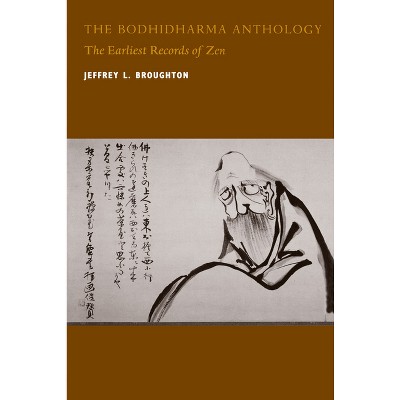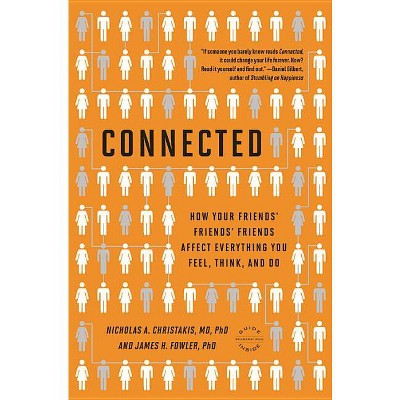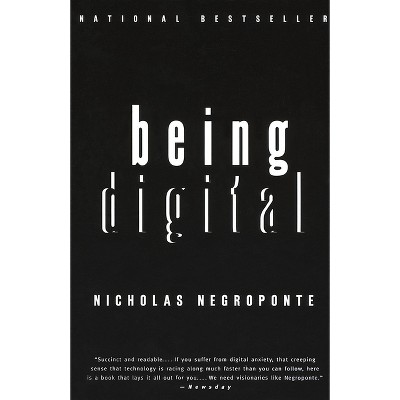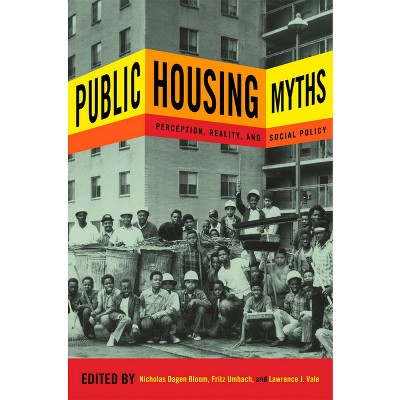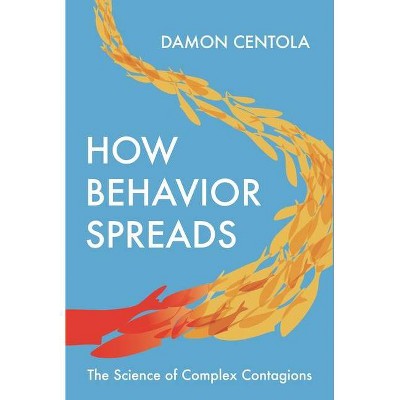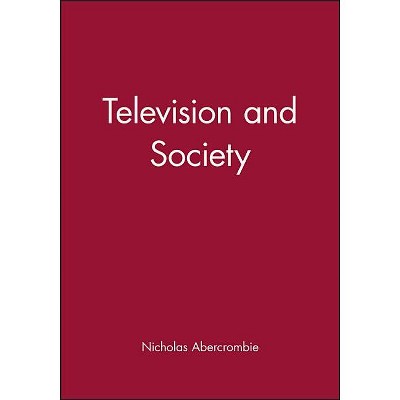Sponsored

After Positivism - by Nicholas Hoover Wilson & Damon Mayrl
In Stock
Sponsored
About this item
Highlights
- What is the value of comparison for research in historical sociology?
- About the Author: Nicholas Hoover Wilson is associate professor of sociology at Stony Brook University.
- 384 Pages
- Social Science, Sociology
Description
About the Book
This book presents a wide array of warrants and methodologies for comparison to improve explanations of historical change in social-scientific research.Book Synopsis
What is the value of comparison for research in historical sociology? Today, social scientists regularly express doubt about the positivist premises that have long justified comparison's use: that cases can be unproblematically compared as though they are independent of one another, that comparison can reliably yield valid causal inference, and that comparative methods can grapple with questions of meaning, sequence, and process that are central to historical explanation. Yet they remain reluctant to abandon comparison altogether, not least because comparisons are still manifestly useful in the research process.
After Positivism presents a bold new set of warrants and methodologies for comparison that takes these criticisms fully into account. The contributors to this book marshal a wide array of postpositivist approaches to knowledge to reconstruct the analytic potential of comparison for a new generation of social scientists. In addition to providing fresh answers to classic questions about case selection and causal inference, authors ponder the role comparison plays in a world where social phenomena are demonstrably time-, space-, and concept-dependent; where causation is typically conjunctural; where social structures and groups emerge and die; and where important objects of inquiry can be understood only in terms of relationships, emergent properties, or contingent and irregular effects. Engaging and timely, this book will be of interest to all those who seek to improve our explanations of historical change in social-scientific research.Review Quotes
The volume is likewise engaging. It is also successfully cohesive just as it is successfully many things at once....It is a volume with which all sociologists should become familiar.-- "Contemporary Sociology"
I enjoyed reading these chapters, as I did the other contributions to the volume, which are consistently thought‐provoking.--George Lawson "British Journal of Sociology"
After Positivism explores a range of ways in which comparative methods can still be useful even after we accept that local contexts and subjective interpretations are always integral to sociological analysis. This collection makes a useful contribution to ongoing conversations about how social-scientific research can or cannot validly claim to have authority as a source of knowledge.--Christopher Powell, Toronto Metropolitan University, co-editor of Conceptualizing Relational Sociology: Ontological and Theoretical Issues
This book is a much-needed guide for how sociologists can think about and actually use comparison. Each chapter offers a novel and innovative contribution on the question of how comparison allows scholars to establish causality and construct theory.--Carly Knight, New York University
About the Author
Nicholas Hoover Wilson is associate professor of sociology at Stony Brook University. He is the author of Modernity's Corruption: Empire and Morality in the Making of British India (Columbia, 2023).
Damon Mayrl is associate professor of sociology at Colby College. He is the author of Secular Conversions: Political Institutions and Religious Education in the United States and Australia, 1800-2000 (2016).Shipping details
Return details
Frequently bought together
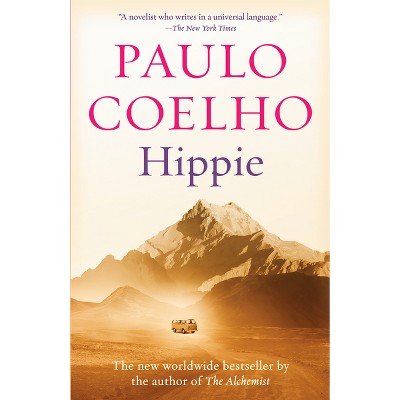


Trending Non-Fiction






